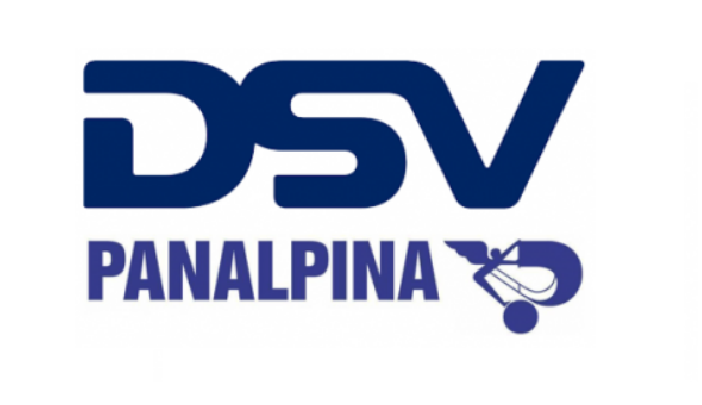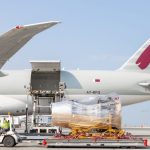DSV launches new environmental solution for greener supply chains
DSV has launched a new environmental solution that it hopes will help reduce the emissions created in the global supply chains and meet rising demand from shippers for greener supply chains.
The top three freight forwarder recently launched its Green Logistics program, which is built around four solutions: green supply chain design and optimization; CO2 reporting; sustainable fuel offerings; and carbon offsetting.
The new solution will meet customer demand for environmental initiatives and also help the company meet its own targets, the forwarder said.
Last year, the company committed to reducing scope one and two (its own) greenhouse gas emissions by 40% by 2030 from a 2019 base year and scope three emissions (those from subcontracted transport) by 30% over the same time line.
DSV senior director, sustainability, Lindsay Zingg, said that the last few years had seen an increase in customer demand for environmental solutions.
“I think it will only intensify,” said Zingg. “Customers want companies like us to help them de-carbonize their supply chain.
“We are dealing with customers on a daily basis, especially in the oil and gas, retail, fashion and automotive sectors, that are asking us for advice, what technology is on the market, where is the industry going.”
She added: “Customers have set their own targets and to achieve these targets they go to their suppliers and ask us to help.”
Zingg said that forwarders that are unable to offer emissions reduction programs could potentially lose out on business.
“This increases collaboration with the customer so there is more chance to keep them if you can support them.
“It is going to be the case that we could potentially lose customers should we not have green logistics products”.
Zingg added that DSV management is also driving the initiative and has supported the development of the program.
On helping reduce scope three emissions, Zingg said that DSV now has a full overview of total CO2 emissions, including sub contracted transport.
DSV is hoping its Green Logistics solutions will allow it to take a consultative approach with customers looking to reduce their emissions.
By using the new Co2-reporting tool and the green supply chain and optimization solution DSV can help calculate the amount customers can reduce their emissions with and redesign their supply chains to contribute their share to limiting global warming.
On its sustainable aviation fuel (SAF) strategy, Zingg says DSV has partnered with United Airlines, which has an advanced SAF program.
United recently became the first airline to utilize SAF for 100% of fuel requirements on a passenger flight.
“We have a demand forecast that we work with for SAF and we have the visibility that allows us to track whether we have enough fuel for our customers,” Zingg said.
“However, we do know that in the airfreight industry there is not enough SAF if everyone comes on board. But the more we buy into this, the more SAF that is sold, the more money there is, then more can be developed.”














